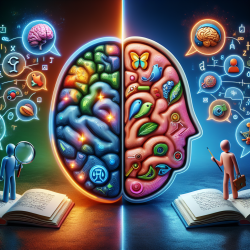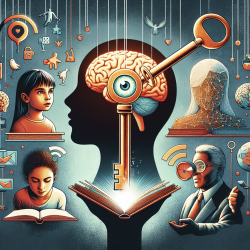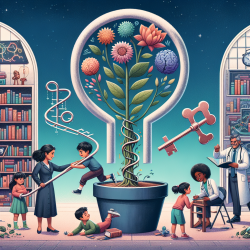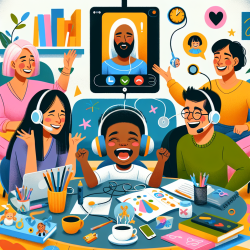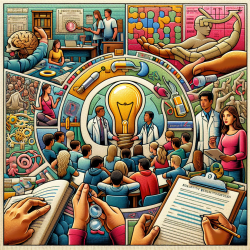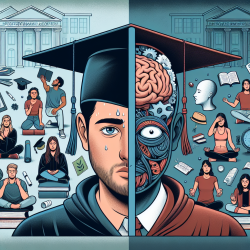The intricate dance between brain development and language acquisition is a subject of much fascination and study. Groundbreaking research by Donna J. Thal and Barbara Clancy, titled "Brain Development and Language Learning: Implications for Nonbiologically Based Language-Learning Disorders," provides invaluable insights into this complex interplay. This research not only advances our understanding of the early stages of language development but also offers practical pathways for practitioners to enhance their skills, whether through direct application of the findings or further investigation.
At the heart of Thal and Clancy's research is the proposition of a bi-directional model of development, where biological maturation and experiential learning interact from the earliest stages of life. This model challenges the traditional view of maturation as a purely biological timeline, unfolding independently of experience. Instead, it emphasizes the significant role of environmental input and experience in shaping brain development and, consequently, language learning.
For practitioners working with children with language-learning disorders, this research underscores the importance of creating rich, engaging, and supportive learning environments. By fostering an atmosphere that encourages exploration and interaction, practitioners can significantly impact a child's language development trajectory. This approach aligns with the findings that experiential learning plays a crucial role in brain development, influencing the formation and refinement of neural connections critical for language acquisition.
Moreover, Thal and Clancy's work highlights the variability and individual differences in language development, urging practitioners to adopt a personalized approach. Recognizing that each child's language learning journey is unique, practitioners are encouraged to tailor their strategies to meet the specific needs and strengths of each child. This personalized approach not only enhances the effectiveness of interventions but also respects and nurtures the individuality of each learner.
Additionally, the research invites practitioners to engage in continuous learning and adaptation. By staying abreast of the latest developments in neuroscience and language acquisition research, practitioners can refine their techniques and interventions. This commitment to ongoing professional development ensures that practitioners are well-equipped to support their learners effectively.
In light of Thal and Clancy's findings, practitioners are also called to advocate for early and proactive intervention. Understanding that the foundations of language development are laid down early in life, and that early experiences have a profound impact on brain development, emphasizes the importance of early identification and support for children with language-learning disorders. Early intervention can leverage the brain's natural plasticity, offering the best chances for positive language development outcomes.
In conclusion, "Brain Development and Language Learning: Implications for Nonbiologically Based Language-Learning Disorders" offers a treasure trove of insights for practitioners. By applying the research findings to their practice, engaging in further investigation, and advocating for early intervention, practitioners can significantly enhance their skills and, more importantly, make a meaningful difference in the lives of children with language-learning disorders.
To read the original research paper, please follow this link: Brain Development and Language Learning: Implications for Nonbiologically Based Language-Learning Disorders.
